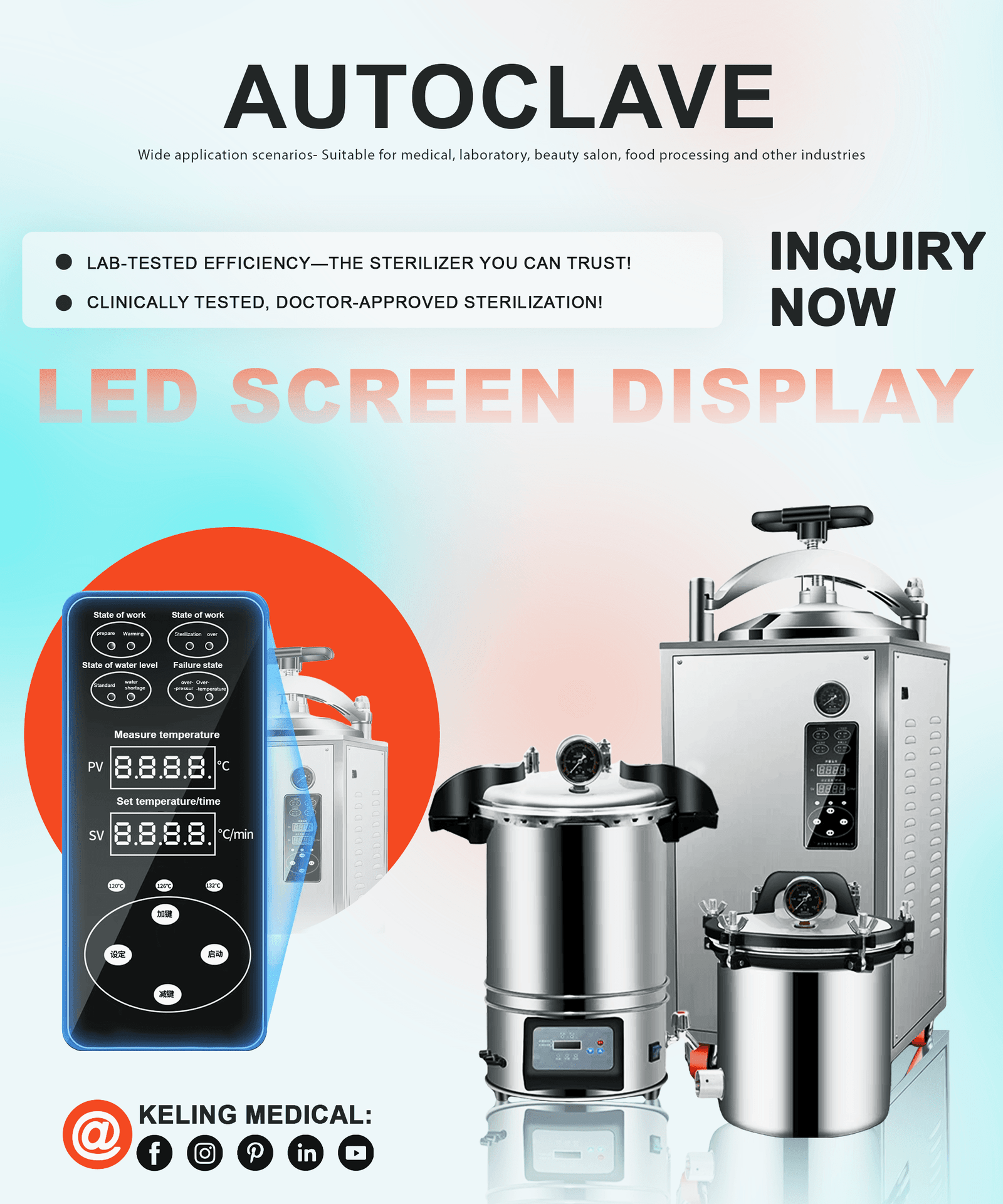
This article examines how autoclave machines serve different industrial functions along with their operational methods and their advantages for businesses.
Industries such as aerospace, automotive manufacturing and sports equipment production utilize lightweight carbon fiber because of its exceptional strength. Autoclave machines are essential for curing carbon fiber composites as they help achieve optimal strength and durability.
The autoclave chamber receives carbon fiber components for processing.
A combination of high-pressure steam and heat treatment cures the resin and hardens the material uniformly.
The procedure removes air pockets which leads to flawless components with high strength.
The aerospace sector produces aircraft wings and fuselages alongside interior components.
Manufacturing strong yet lightweight components for automobiles that contribute to improved fuel efficiency and better performance.
The production of sports equipment involves manufacturing strong yet lightweight items including bicycles and tennis rackets and golf clubs.
Enhanced Strength delivers maximum material strength through uniform curing.
The durability of carbon fiber components increases their lifespan.
Precision removes defects resulting from uneven curing and trapped air bubbles.
Autoclave machines play a vital role in the food industry by sterilizing products to maintain safety standards and extend their shelf life. Autoclave machines play a crucial role in sterilizing both canned and packaged foods.
After sealing food products into cans or jars they enter the autoclave.
High-temperature steam effectively eliminates bacteria, viruses, and additional microorganisms.
This technique maintains food safety for longer durations without needing preservatives.
The sterilization process extends to vegetables, fruits, soups, and meats in canned foods.
The sterilization process guarantees safety for meals offered in ready-to-eat containers.
The sterilization process removes harmful microorganisms from dairy products including milk and yogurt.
Food Safety processes remove dangerous microorganisms to protect consumers.
This method maintains food freshness while ensuring that quality and flavor remain unaffected.
The autoclave process adheres to rigorous food safety and hygiene requirements.
Construction and automotive manufacturing rely heavily on laminated safety glass for their operations. High-quality shatterproof laminated glass production relies on the capabilities of autoclave machines.
A layer of polyvinyl butyral (PVB) or equivalent substance bonds multiple glass layers together.
The glass is positioned in an autoclave that subjects it to high pressure and heat conditions.
The manufacturing technique guarantees flawless adherence between glass layers to produce a robust and shatterproof glass product.
The automotive industry produces windshields and vehicle side windows.
Construction uses safety glass for windows, doors, and building facades.
The marine industry utilizes durable glass specifically for boats and ships.
The shatterproof properties of this glass prevent it from breaking into dangerous shards.
Enhanced Durability creates a product that maintains excellent performance regardless of different environmental factors.
The product delivers high-quality glass that provides clear architectural finishes.
Q1: Can autoclave machines be used in the food industry? Yes, they are commonly used for sterilizing canned foods, dairy products, and ready-to-eat meals to ensure safety and extend shelf life.
Q2: What is the role of autoclave machines in carbon fiber curing? Autoclave machines provide high-pressure steam and heat to cure carbon fiber composites, enhancing their strength and durability.
Q3: How do autoclave machines help in glass lamination? Autoclaves apply high pressure and heat to bond glass layers with interlayers, creating durable, shatterproof laminated glass.
Q4: Are autoclave machines eco-friendly? Yes, they reduce the need for chemical sterilizers and help manage industrial waste safely, making them an environmentally friendly option.
For industrial-grade autoclave machines and expert guidance, contact Keling Medical:
Email: inquiry@shkeling.com
WhatsApp: +8618221822482
Website: https://autoclaveequipment.com/

The autoclaving process serves as an essential sterilization practice utilized across medical, laboratory, and research facilities to protect glassware and instruments through effective sterilization. High-pressure steam eliminates pathogens during this

The autoclaving process serves as an essential sterilization practice utilized across medical, laboratory, and research facilities to protect glassware and instruments through effective sterilization. High-pressure steam eliminates pathogens during this
The autoclaving process serves as an essential sterilization practice utilized across medical, laboratory, and research facilities to protect glassware and instruments through effective sterilization. High-pressure steam eliminates pathogens during this
The autoclaving process serves as an essential sterilization practice utilized across medical, laboratory, and research facilities to protect glassware and instruments through effective sterilization. High-pressure steam eliminates pathogens during this
The autoclaving process serves as an essential sterilization practice utilized across medical, laboratory, and research facilities to protect glassware and instruments through effective sterilization. High-pressure steam eliminates pathogens during this
The autoclaving process serves as an essential sterilization practice utilized across medical, laboratory, and research facilities to protect glassware and instruments through effective sterilization. High-pressure steam eliminates pathogens during this